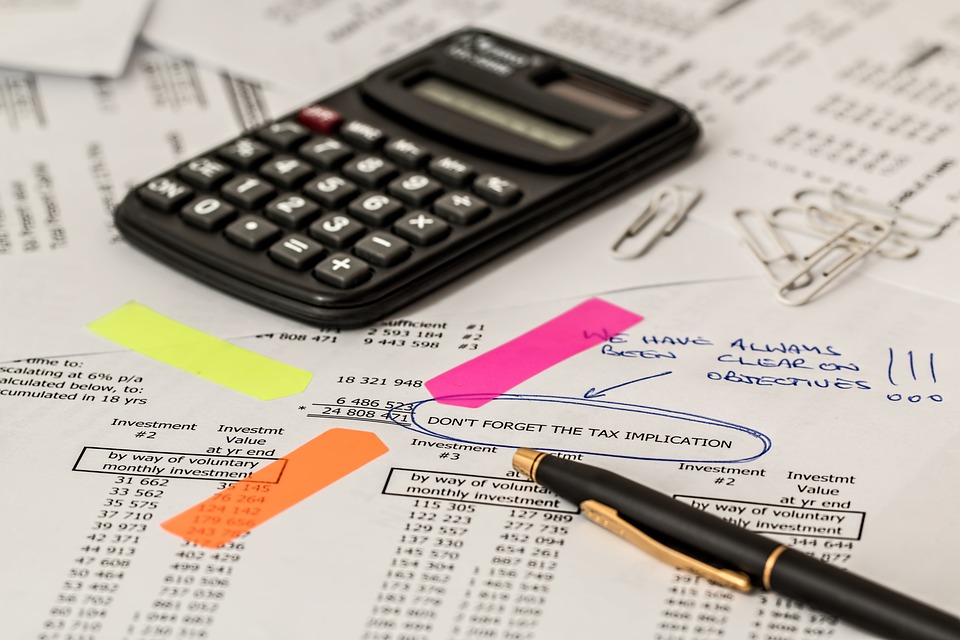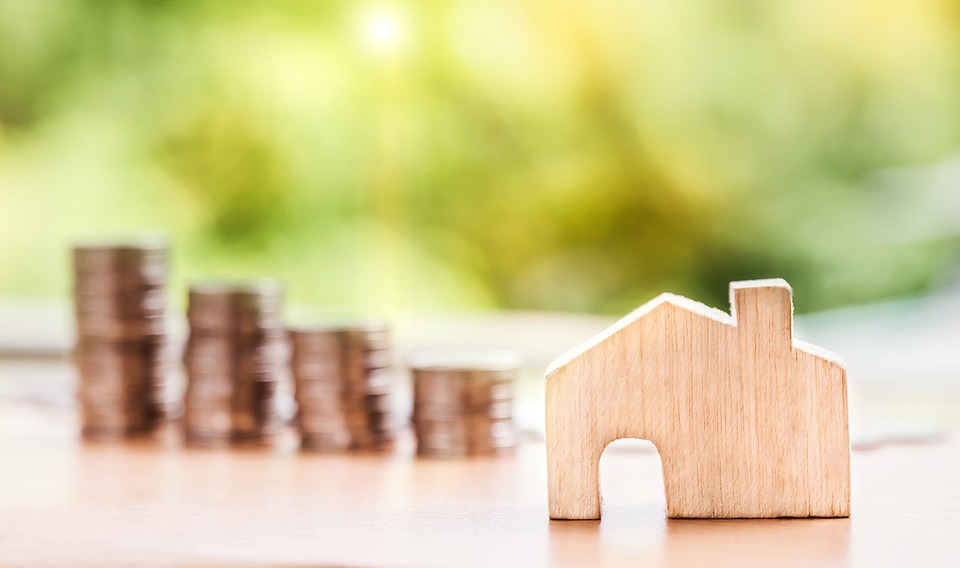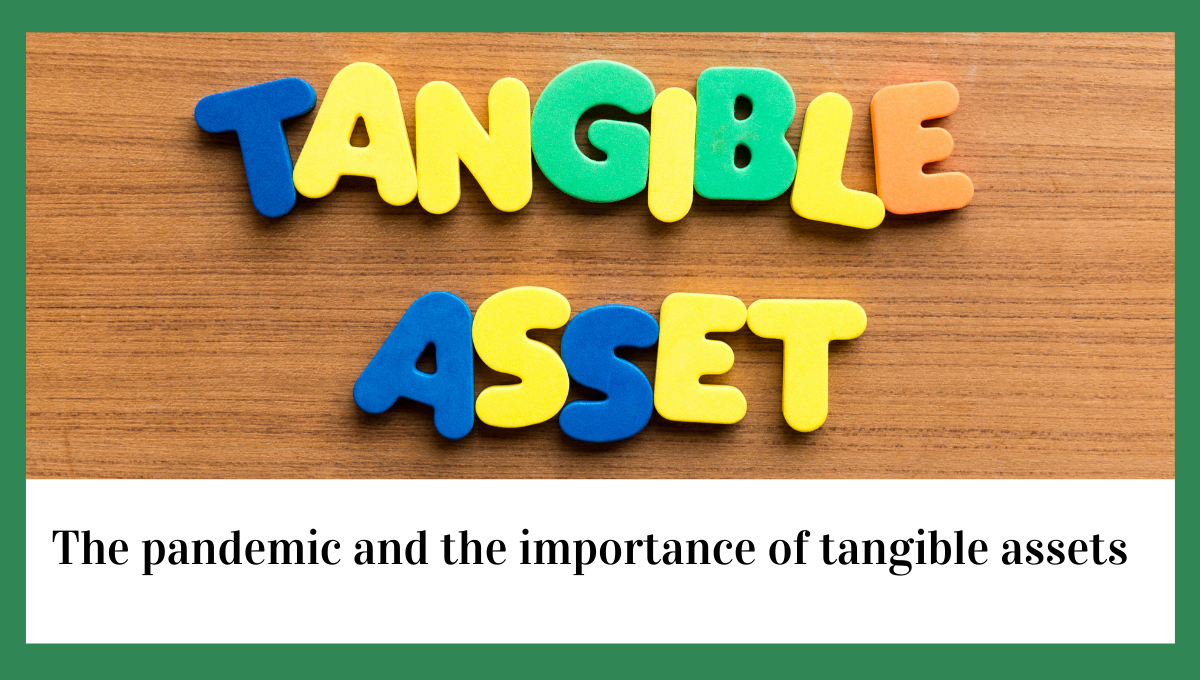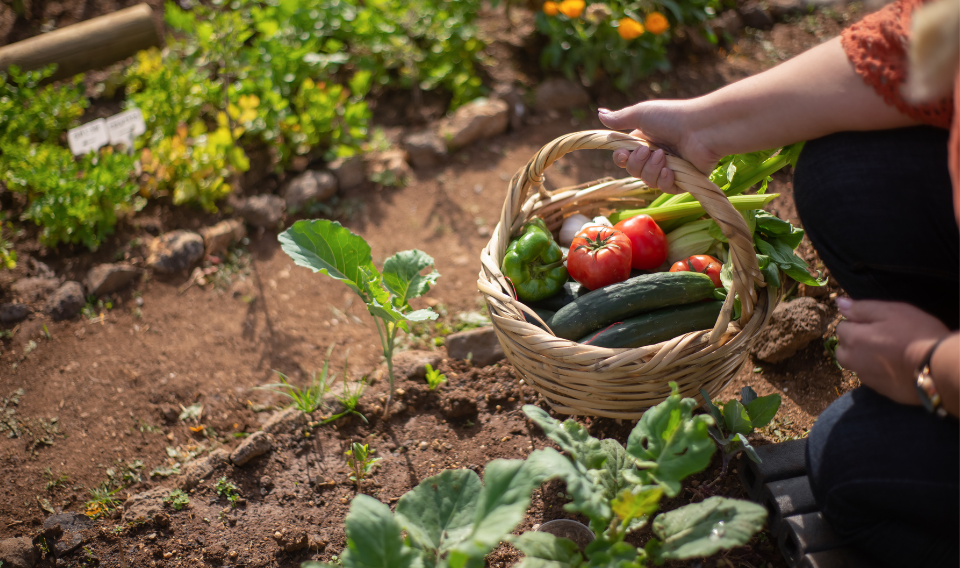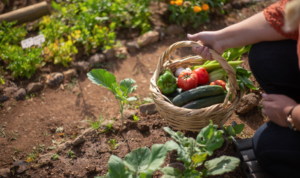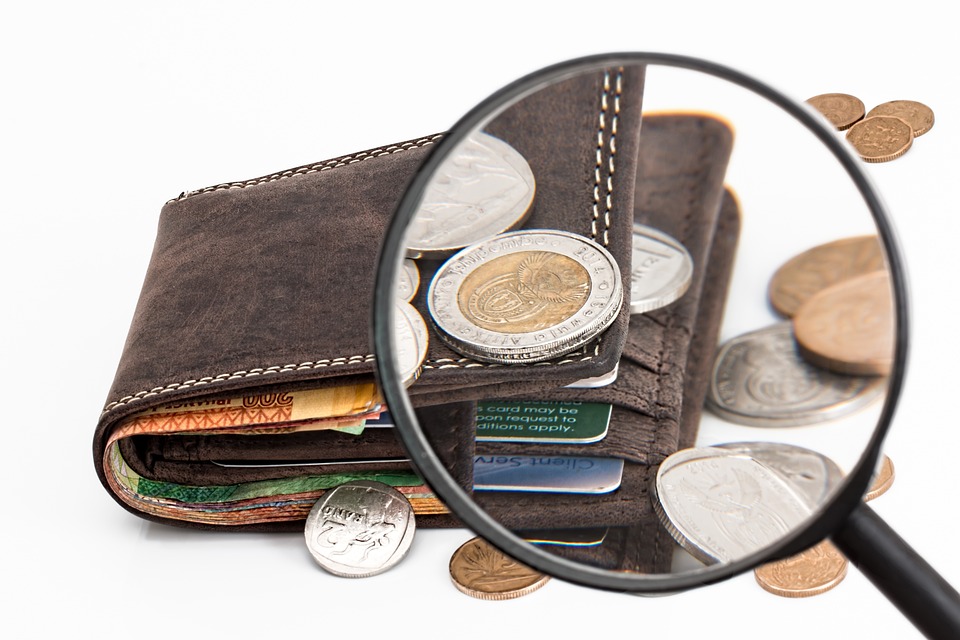
WHAT SHOULD YOU KNOW ABOUT TANGIBLE ASSET AFTER THE PANDEMIC?
At the start of the Pandemic, we saw the importance of tangible assets. Scarce items can become when the population is in panic mode. There was no tissue, hand sanitizer, Lysol wipes. Water was scarce, and grocery stores were empty. Not to mention limited medical supplies. Grocery stores eventually restocked, but purchases were limited. If you wanted to buy extra, it would have been through a third party at inflated prices.
So what have I learned during the pandemic?
Tangible assets are a necessity to the well being of yourself and your family. Tangible assets are physical and have an infinite value when it comes to human needs. A few examples would be land, food, medicine, transportation, and shelter. Tangible assets became money during the Pandemic for the majority of the population who could not afford inflated prices. We reverted back to bartering for a short period a time. The value of your dollar decreased when compared to real assets.
What should you do going forward?
Invest in real assets to prepare for situations like we are experiencing today. History shows it will happen again and again. Buy land, food, and medicine. Most consumables we buy have a life span of a year to two years. Next stock cleaning supplies and barterable items. If you had a bike or tissue during the pandemic, you were wealthy.
A few steps to take starting today!
- Increase your food supply. Keep a minimum food supply of three months. Do your routine weekly or biweekly grocery shopping and rotate food. Consume old items and store new items. This way you maintain a healthy supply of food.
- Increase medical supplies. This speaks for itself given the ongoing Covid-19 situation. Maintain a healthy supply of cold and pain medicine.
- Save your money. The financial industry usually advises 3 to 6 months of expenses. I say go beyond industry expectations. The industry does not account for inflated prices. You must prepare financially for all possibilities.
- Store barterable items. No this is not advice to become a hoarder. However, many items can be valuable for trade when your dollar is worth less.

